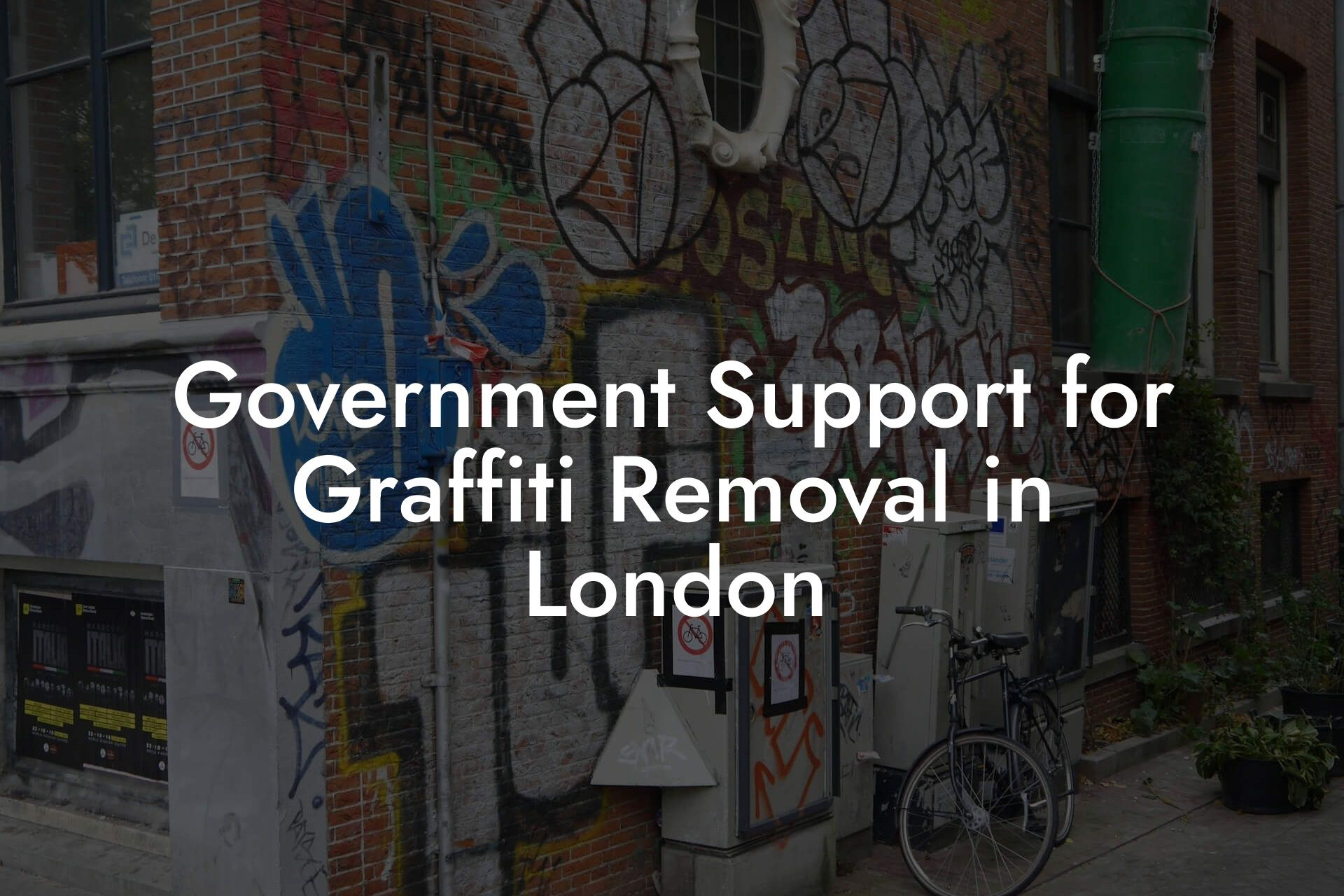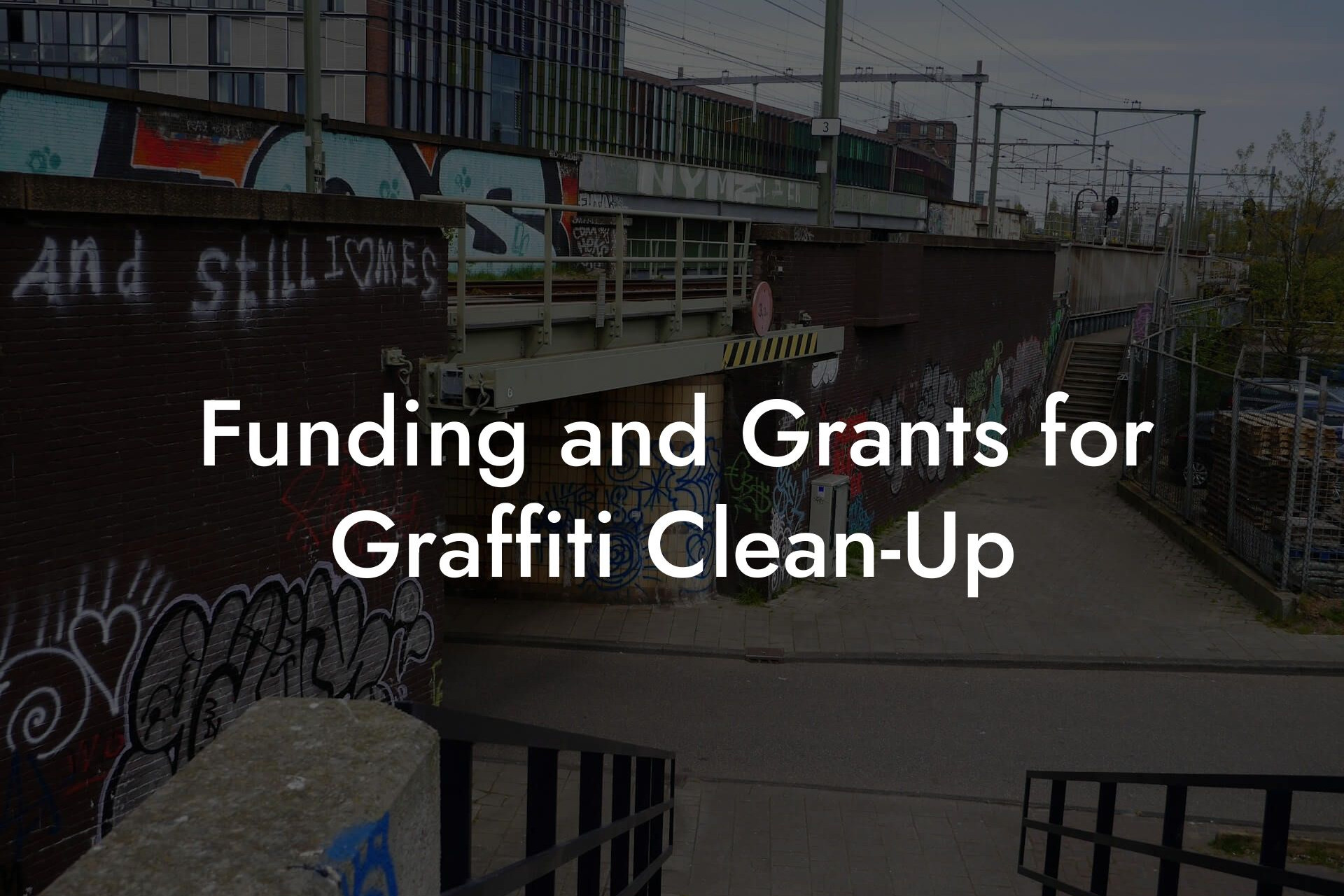As a property owner in London, it's essential to understand your legal responsibilities when it comes to graffiti. Graffiti can be a blight on your property, causing damage, reducing its value, and creating an eyesore for the community. In this article, we'll delve into the legal responsibilities of property owners regarding graffiti, providing you with a comprehensive guide on what you need to know.
Table of Contents
The Anti-Social Behaviour Act 2003
The Anti-Social Behaviour Act 2003 is a critical piece of legislation that addresses graffiti and other forms of vandalism. Under this act, graffiti is considered a criminal offence, and property owners have a legal duty to take reasonable steps to prevent and remove graffiti from their properties. Failure to comply can result in fines, legal action, and damage to your reputation.
The Clean Neighbourhoods and Environment Act 2005
The Clean Neighbourhoods and Environment Act 2005 builds upon the Anti-Social Behaviour Act 2003, providing further guidance on the responsibilities of property owners. This act emphasizes the importance of maintaining a clean and safe environment, and property owners are required to take proactive measures to prevent graffiti and other forms of environmental damage.
The Environmental Protection Act 1990
The Environmental Protection Act 1990 is another key piece of legislation that property owners need to be aware of. This act makes it an offence to cause damage to property, including graffiti, and property owners can be held liable for failing to take reasonable steps to prevent or remove graffiti.
Local Authority Powers
Local authorities, such as councils and boroughs, have the power to issue notices to property owners requiring them to remove graffiti from their properties. Failure to comply with these notices can result in legal action, fines, and even prosecution. Property owners should be aware of their local authority's policies and procedures regarding graffiti removal.
Notice of Graffiti Removal
If you receive a notice of graffiti removal from your local authority, it's essential to take immediate action. The notice will typically specify the timeframe for removal, and failure to comply can result in further legal action. Property owners should ensure they have a plan in place for removing graffiti, including contracting a reputable graffiti removal company like Graffiti Removal London.
Liability for Graffiti Damage
Property owners can be held liable for graffiti damage if they fail to take reasonable steps to prevent or remove graffiti. This can include compensation claims from neighbouring properties, legal action, and damage to your reputation. It's essential to take proactive measures to prevent graffiti, including installing security cameras, improving lighting, and increasing security patrols.
Preventing Graffiti
Preventing graffiti is always better than removing it. Property owners can take several steps to prevent graffiti, including:
- Installing security cameras and motion-sensitive lighting
- Improving access control and increasing security patrols
- Using graffiti-resistant coatings and surface treatments
- Keeping properties well-maintained and free of litter
- Engaging with the local community and promoting anti-graffiti initiatives
As a property owner in London, it's crucial to understand your legal responsibilities regarding graffiti. By taking proactive measures to prevent graffiti, removing it promptly when it occurs, and complying with local authority notices, you can avoid legal action, fines, and damage to your reputation. At Graffiti Removal London, we're committed to providing commercial property owners with the expertise and resources they need to tackle graffiti and maintain a clean and safe environment.
Frequently Asked Questions
What are the legal responsibilities of property owners regarding graffiti?
As a property owner in London, you are legally responsible for removing graffiti from your property. The Anti-Social Behaviour Act 2003 and the Clean Neighbourhoods and Environment Act 2005 make it an offence to allow graffiti to remain on your property. Failure to comply can result in fines and even prosecution.
What is considered graffiti under the law?
Graffiti is defined as any unauthorized writing, drawing, or painting on a surface, including buildings, walls, fences, and other structures. This includes tags, murals, and other forms of street art, regardless of their artistic merit.
Can I be fined for not removing graffiti from my property?
Yes, you can be fined up to £2,500 for failing to remove graffiti from your property. The local authority or police can issue a fixed penalty notice, and if you fail to pay, you may be prosecuted in court.
How long do I have to remove graffiti from my property?
The time frame for removing graffiti varies depending on the local authority. In London, you typically have 28 days to remove graffiti from your property before the council can take action.
Can I report graffiti to the police?
Yes, you can report graffiti to the police if you believe it is offensive or contains hate speech. You can also report graffiti to your local council, who will send a team to remove it.
Do I need to report graffiti to my local council?
While it's not mandatory to report graffiti to your local council, it's recommended to do so. The council can provide guidance on removal and may be able to assist with the cost of removal.
Can I remove graffiti myself?
Yes, you can remove graffiti yourself, but it's essential to use the correct methods and materials to avoid damaging the surface. Improper removal techniques can lead to further damage and costly repairs.
What are the best methods for removing graffiti?
The most effective methods for removing graffiti depend on the type of surface and the type of graffiti. Common methods include using specialized cleaning solutions, pressure washing, and sanding. It's recommended to hire a professional graffiti removal service, like Graffiti Removal London, to ensure the job is done correctly.
How much does it cost to remove graffiti?
The cost of removing graffiti varies depending on the size of the area, the type of surface, and the complexity of the removal process. On average, the cost of removing graffiti can range from £50 to £500 or more.
Can I claim compensation for graffiti removal costs?
Yes, you may be able to claim compensation for graffiti removal costs from the perpetrator if they are identified and prosecuted. You can also claim from your insurance company if you have a policy that covers vandalism.
How can I prevent graffiti on my property?
There are several ways to prevent graffiti on your property, including installing CCTV cameras, improving lighting, and using anti-graffiti coatings. You can also work with your local community to implement anti-graffiti initiatives.
What are anti-graffiti coatings?
Anti-graffiti coatings are specialized paints or finishes that make it easier to remove graffiti from a surface. These coatings can be applied to walls, fences, and other structures to deter graffiti vandals.
Can I install CCTV cameras to deter graffiti vandals?
Yes, installing CCTV cameras can be an effective deterrent against graffiti vandals. However, it's essential to ensure that the cameras are installed and used in accordance with data protection laws.
How can I report a graffiti vandal?
If you witness someone committing graffiti vandalism, report it to the police immediately. If you have evidence, such as CCTV footage, provide it to the authorities to help identify the perpetrator.
What are the penalties for graffiti vandalism?
The penalties for graffiti vandalism can include fines, community service, and even imprisonment. The severity of the penalty depends on the circumstances and the discretion of the court.
Can I seek compensation from the perpetrator?
Yes, you may be able to seek compensation from the perpetrator for the cost of removing graffiti and any other related damages. You can also claim compensation for emotional distress and loss of business.
How can I protect my business from graffiti vandalism?
There are several ways to protect your business from graffiti vandalism, including installing security cameras, improving lighting, and using anti-graffiti coatings. You can also work with your local community to implement anti-graffiti initiatives.
What is the impact of graffiti on local businesses?
Graffiti can have a significant impact on local businesses, including loss of revenue, damage to property, and decreased foot traffic. It can also contribute to a negative perception of the area and affect community morale.
How can I get involved in anti-graffiti initiatives in my community?
You can get involved in anti-graffiti initiatives in your community by working with local authorities, community groups, and businesses to organize clean-up events, implement prevention measures, and raise awareness about the issue.
What is the role of the local council in graffiti removal?
The local council plays a crucial role in graffiti removal by providing guidance, resources, and support to property owners. They may also have teams that remove graffiti from public spaces and provide education and awareness campaigns.
How can I contact Graffiti Removal London for assistance?
You can contact Graffiti Removal London by visiting our website or calling our dedicated team. We provide fast, effective, and professional graffiti removal services to commercial properties in London.
Toby Doherty
Toby Doherty is a seasoned graffiti removal expert with over 20 years of experience in the industry. Throughout his career, Toby has helped countless businesses and property owners in London maintain clean, graffiti-free spaces. His extensive knowledge of graffiti removal techniques, from eco-friendly solutions to advanced technologies like laser cleaning, makes him a trusted authority in the field. Passionate about restoring urban environments, Toby combines his hands-on expertise with a commitment to staying up-to-date on the latest industry trends and innovations. When he’s not out in the field, Toby shares his insights through detailed articles, offering practical advice on everything from graffiti prevention to legal considerations.




